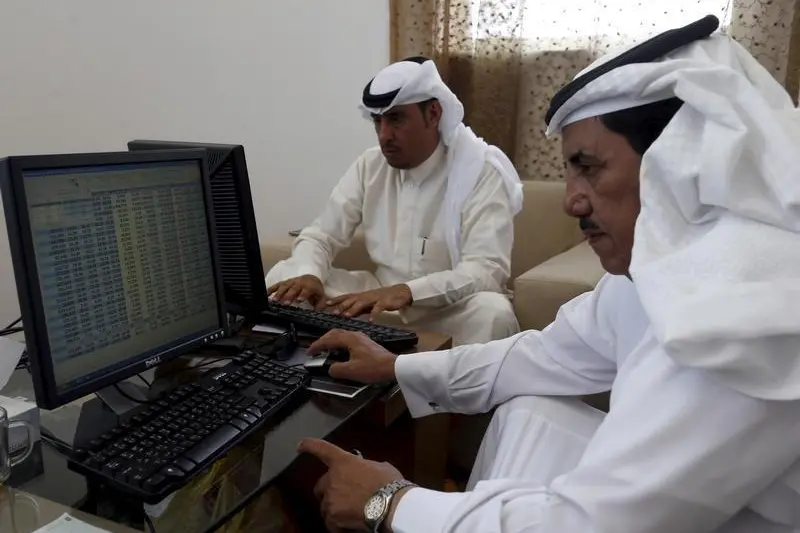PHOTO
Saudi Aramco's $69.1 billion acquisition of the 70 percent stake in Saudi Basic Industries from the government's Public Investment Fund led to a massive hike in merger and acquisitions (M&A) volumes involving Middle East and North African (MENA) companies in the first quarter of 2019, according to Refinitiv data.
The deal meant that transaction numbers involving any MENA company for Q1 2019 increased by 498 percent year-on-year, to $101 billion, which set a new record. Deals that only involved a Middle East target also hit a record - up 665 percent year-on-year, to $98.1 billion, as did domestic M&A deals. Even if the SABIC deal was excluded, both MENA target and domestic numbers would have hit first quarter records - of $28.9 billion and $14.2 billion, respectively.
Kuwait Finance House's agreement of a $7.7 billion merger with Ahli United Bank, creating a lender with $92 billion worth of assets, was the second-biggest deal announced, followed by Abu Dhabi National Oil Company’s $4 billion sale of its pipeline assets to investors Blackrock and KKR.
The robust business done by investment bankers in the M&A sphere made up for the dearth of activity in equity capital markets. There were no IPOs involving a Middle East firm during the quarter for the first time in 17 years (since Q1 2002), with just $119.8 million raised in the region through two follow-on offerings - by Egyptian tobacco firm Eastern Co ($98.8 million) and Moroccan builder Jet Contractors ($21 million). A recovery is inevitable for the second quarter, given Wednesday's listing of UAE payment processing firm Network International, which raised £1.1 billion ($1.4 billion) as a result of its market debut, with fellow UAE payments firm Finablr potentially following with its $200 million IPO.
Mohammed Fahmi, co-head of investment banking at EFG Hermes, said that he was "fairly optimistic" on the outlook for equity markets given the strong response to Network International's market debut.
"While I do not think every IPO in the pipeline will successfully convert, I think good, solid stories will definitely be well received by the investor community (despite macro headwinds)," he said in an emailed response to questions from Zawya.
Debt capital markets will also receive a boost in the second quarter following the issue of Saudi Aramco's debut $12 billion bond, which received $100 billion worth of orders.
During the first quarter, bond issuance from the MENA region increased by 27 percent year-on-year, to $31.3 billion. Sovereign issuances dominated, with governments and government agencies responsible for 74.8 percent of total issuance, and the state of Qatar responsible for 47.4 percent (almost $12 billion).
“We expect overall Gulf issuance in 2019 to remain healthy but concentrated in pockets over the course of the year,” said Gareth Thomas, HSBC's MENAT head of global banking.
“While demand is strong – catalysed by the inclusion of Saudi Arabia and other Gulf countries in major debt and equity indices – the supply side is more of a mixed picture,” he added in an emailed response to Zawya.
“Yes, expansionary budgets will support sovereign activity in the primary market. However, corporates have access to ample liquidity and there remains uncertainty about the outlook for the global economy, which means issuers will be more selective about when they come to market," said Thomas.
(Reporting by Michael Fahy; Editing by Mily Chakrabarty)
© ZAWYA 2019





















